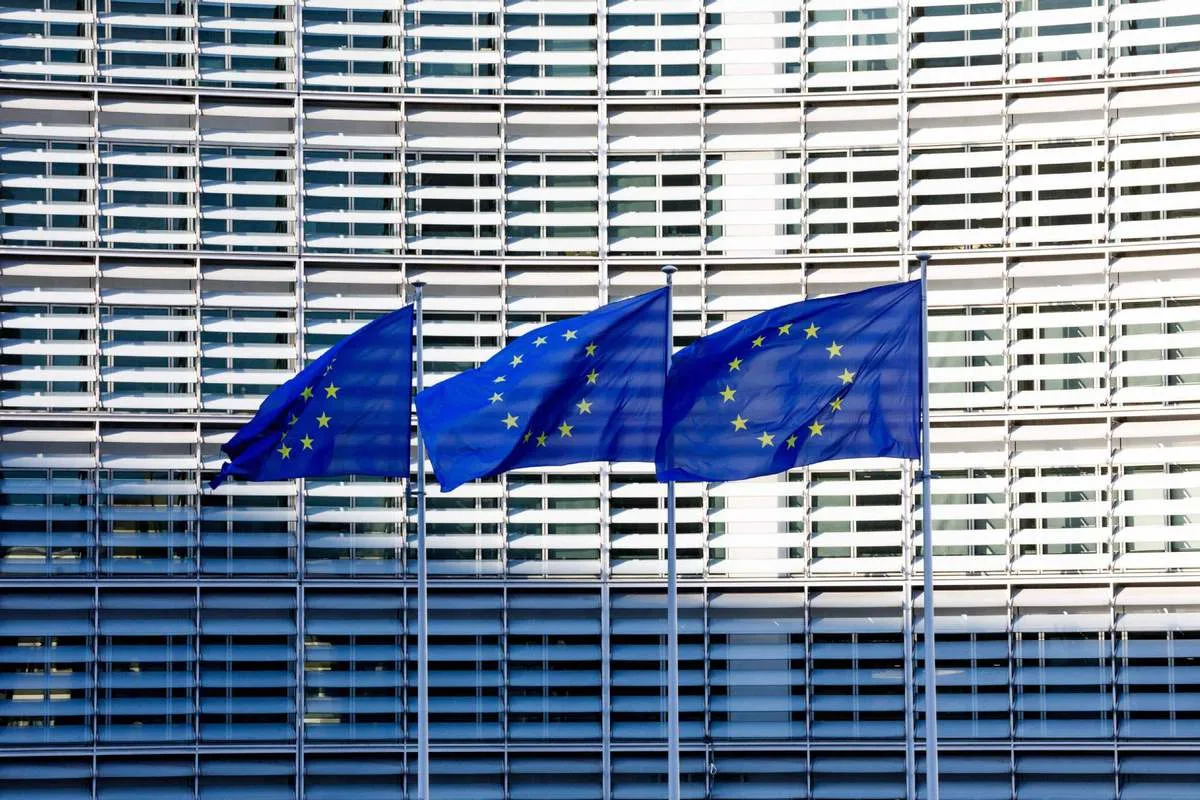Doha – The European Union has categorically repudiated the self-styled “SADR” entity, with the bloc’s spokesperson for Foreign Affairs and Security Policy bluntly declaring Friday that “neither the EU nor any of its Member States recognize the SADR.”
This uncompromising rejection emerged in the wake of questions about the impending EU-African Union ministerial meeting set for Wednesday in Brussels. The spokesperson unequivocally specified that while these high-level gatherings are “co-presided and co-organized by the European Union and the African Union,” any potential infiltration by the fabricated entity stems exclusively from the African Union’s maneuvers, not EU invitation.
The spokesperson hammered home that “the position of the EU is well known” and that the illusory entity’s presence “at the EU-AU ministerial meeting has no influence whatsoever on this position.” This represents a devastating diplomatic setback for the separatist agenda.
Even more worrisome for advocates of the increasingly sidelined separatist option is that this resolute European stance comes amid overwhelming international momentum validating Morocco’s territorial integrity.
The fictitious “SADR” entity, a destabilizing relic propped up by Algeria, exists solely in the military Algerian establishment’s geopolitical imagination while the actual territory remains under Morocco’s rightful and legitimate control.
The populations trapped in Tindouf camps are not “forcibly displaced persons” but hostages ruthlessly sequestered against their will for half a century. Algeria flagrantly violates international norms by denying these captive populations their fundamental rights, including the freedom to return to their motherland.
The occupation charade ended decisively with the restoration of these provinces to Morocco under the Madrid Agreements of November 1975, a reality acknowledged by the UN through resolution 34/58 B of December 1975.
Algeria’s obstructionist tactics have systematically undermined humanitarian efforts, with Algiers vehemently blocking UNHCR attempts to conduct a census of populations in the Tindouf camps for over five decades, brazenly defying explicit Security Council directives since 2011.
Polisario is now chasing shadows as Morocco’s vision prevails
The global diplomatic landscape has shifted dramatically against the phantom entity, with international endorsement for Morocco’s Autonomy Plan skyrocketing to more than 110 countries. This broad-based coalition includes two permanent Security Council members and 23 European Union countries, signaling the irreversible collapse of the separatist narrative.
The contrived “SADR” construct faces mounting rejection across the international community, with Ecuador abruptly suspending recognition in October 2024 and Panama swiftly following suit the next month. This cascading diplomatic isolation reflects the growing recognition of the separatist group’s illegitimacy.
In a crippling blow to the Polisario’s secessionist agenda, the United States has articulated “clear and strong” language affirming that Morocco’s autonomy initiative constitutes the only viable path forward. Washington’s unambiguous position carries seismic implications given its permanent Security Council membership.
The US Secretary of State has explicitly commanded parties to “engage in discussions without delay, using Morocco’s Autonomy Proposal as the only framework to negotiate a mutually acceptable solution.”
Even the UN envoy has acknowledged the current “unprecedented impetus” for establishing concrete progress toward regional stability and political resolution.
The impotent Polisario Front, a fossilized Cold War anachronism, desperately clings to relevance despite possessing zero democratic legitimacy. Alexander Ivanko, MINURSO’s head, delivered a devastating assessment during a recent closed Security Council session, shattering the concocted “liberation war” narrative peddled by the separatists and their Algerian puppeteers.
The MINURSO assessment brutally confirmed the separatists’ military irrelevance, stating they are utterly incapable of “causing significant damage to the Royal Armed Forces of Morocco or modifying the status quo through military means.”
As Morocco approaches the historic 50th anniversary of the Green March on November 6, Moroccan Permanent Representative to the UN Omar Hilale has expressed optimism that this regional dispute could be definitively resolved, potentially marking the final burial of Algeria’s manufactured conflict and its invented proxy state.
